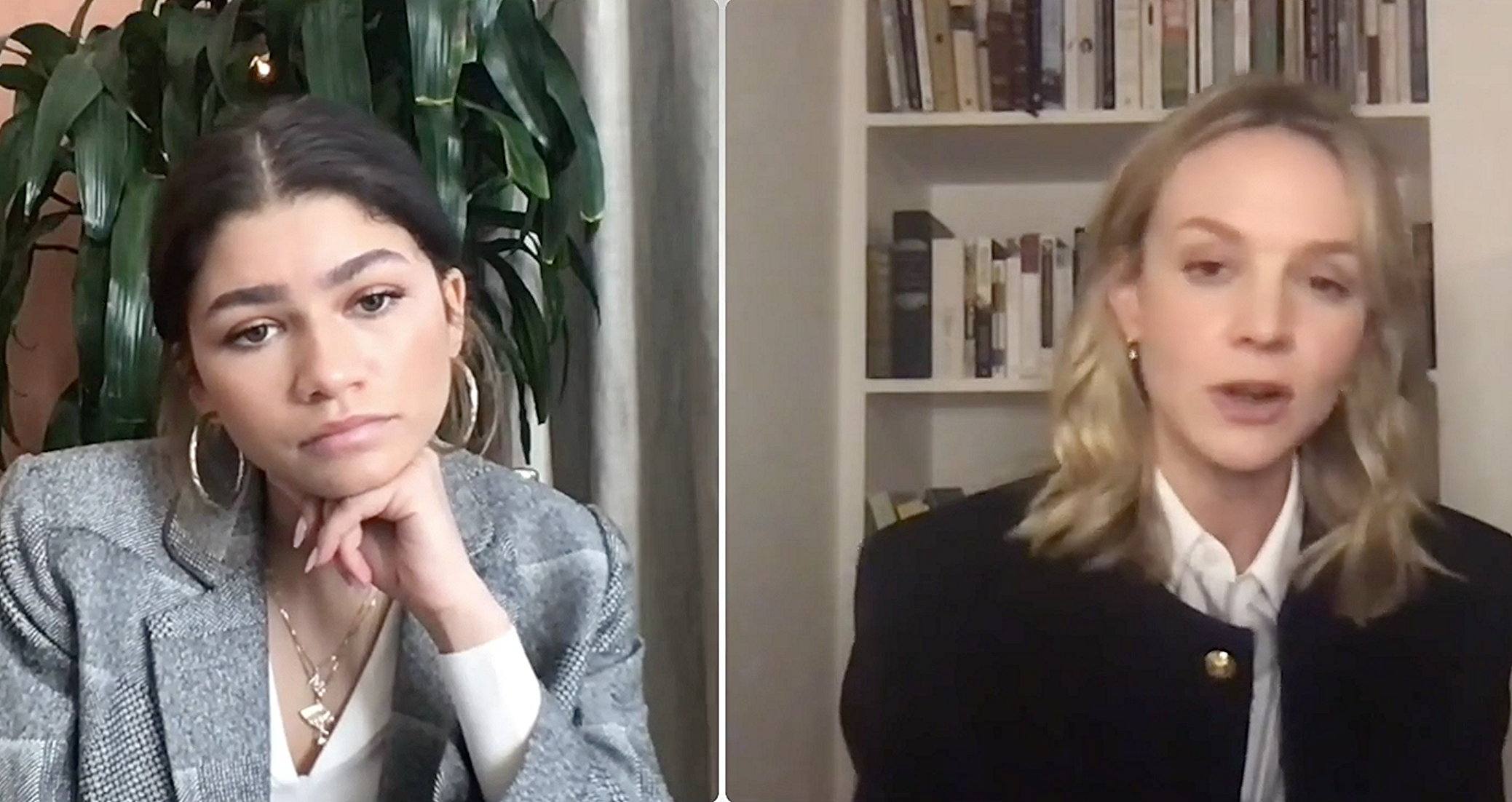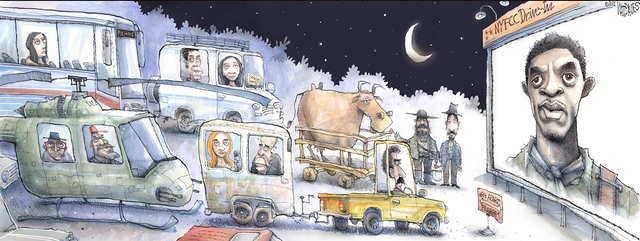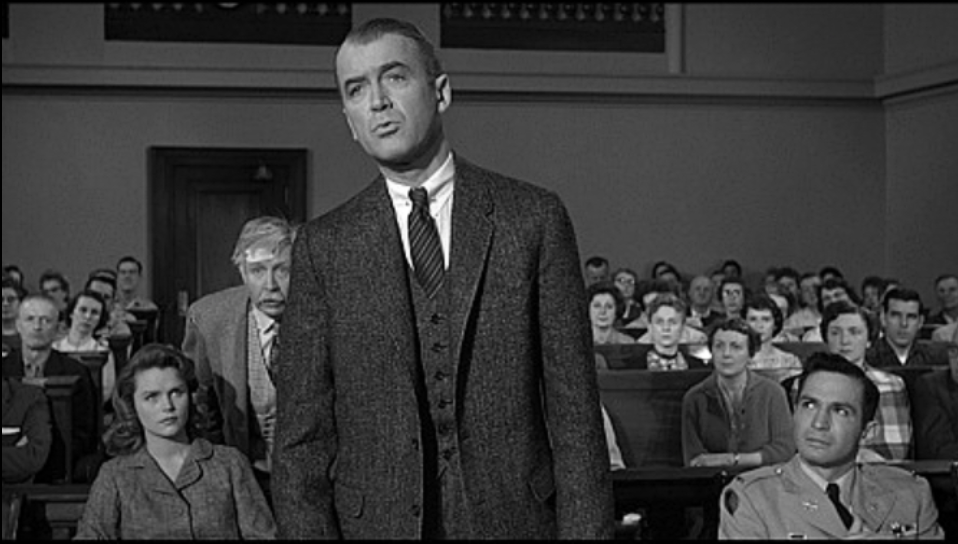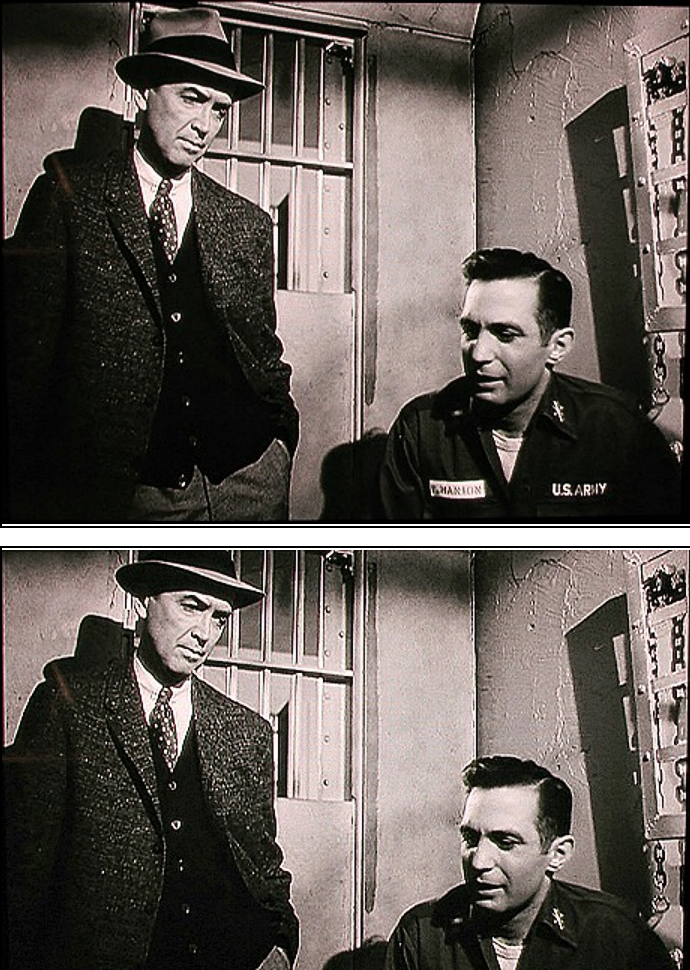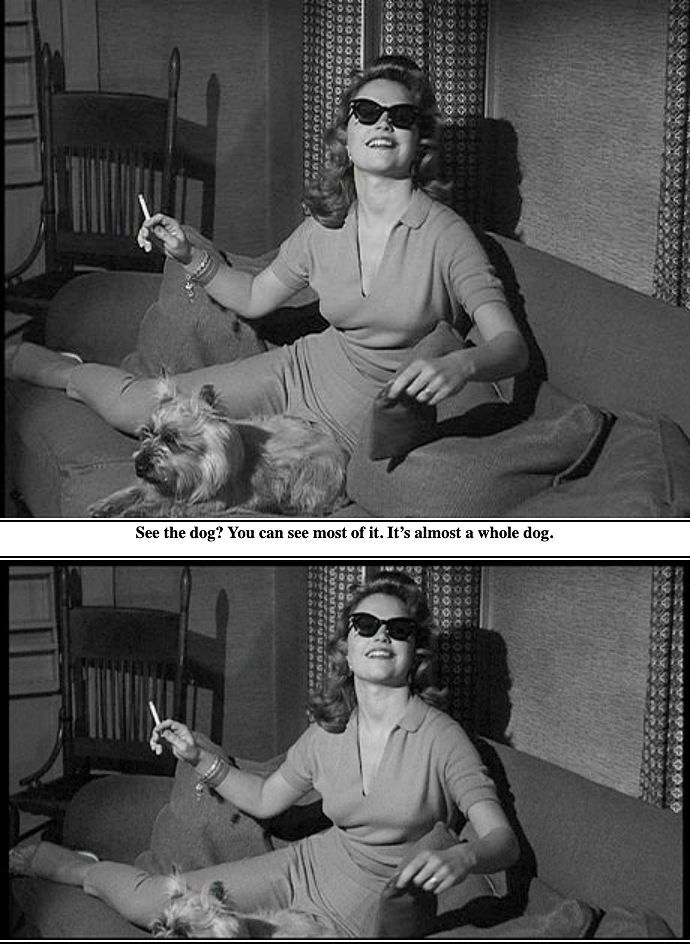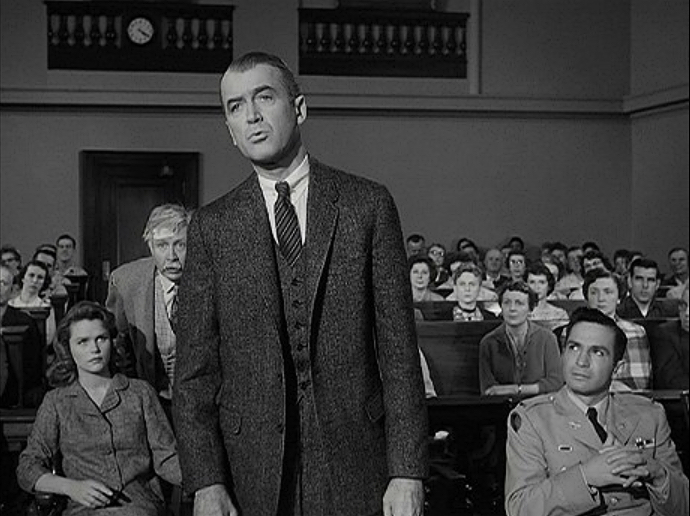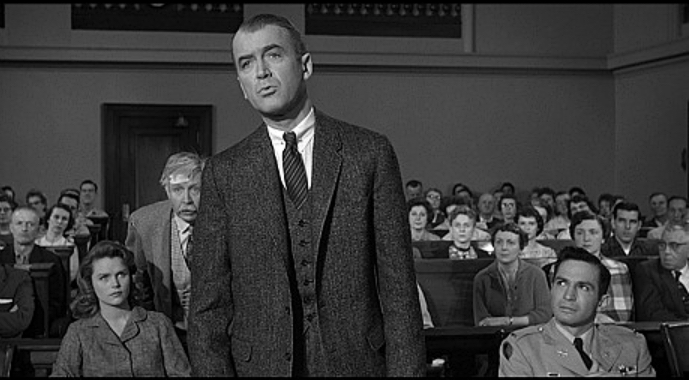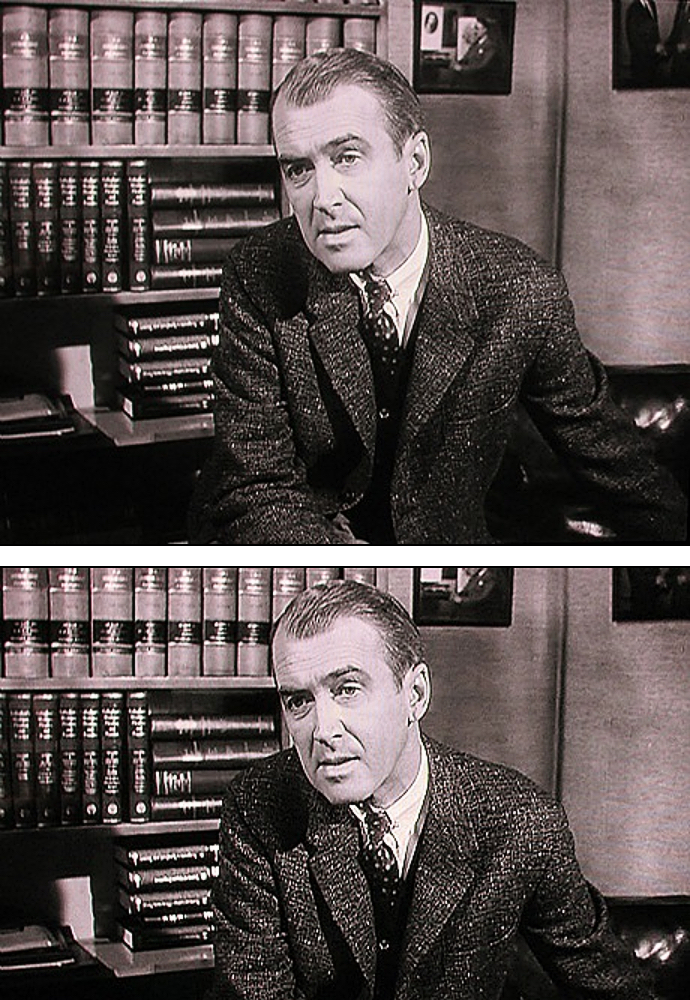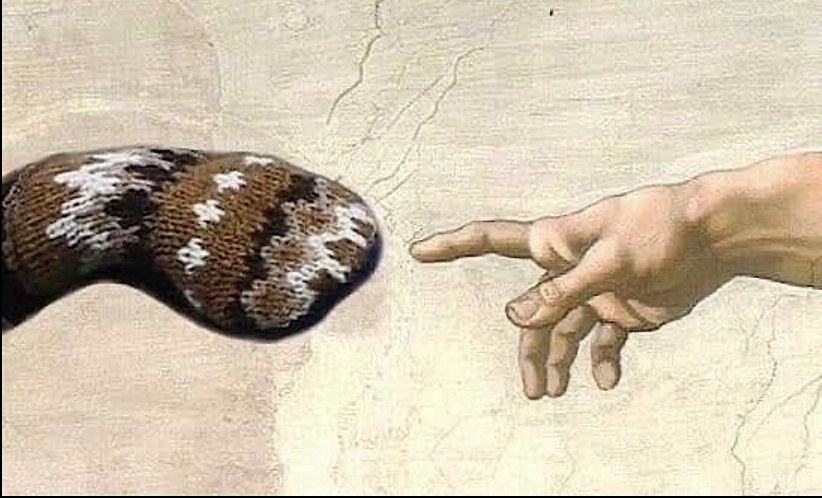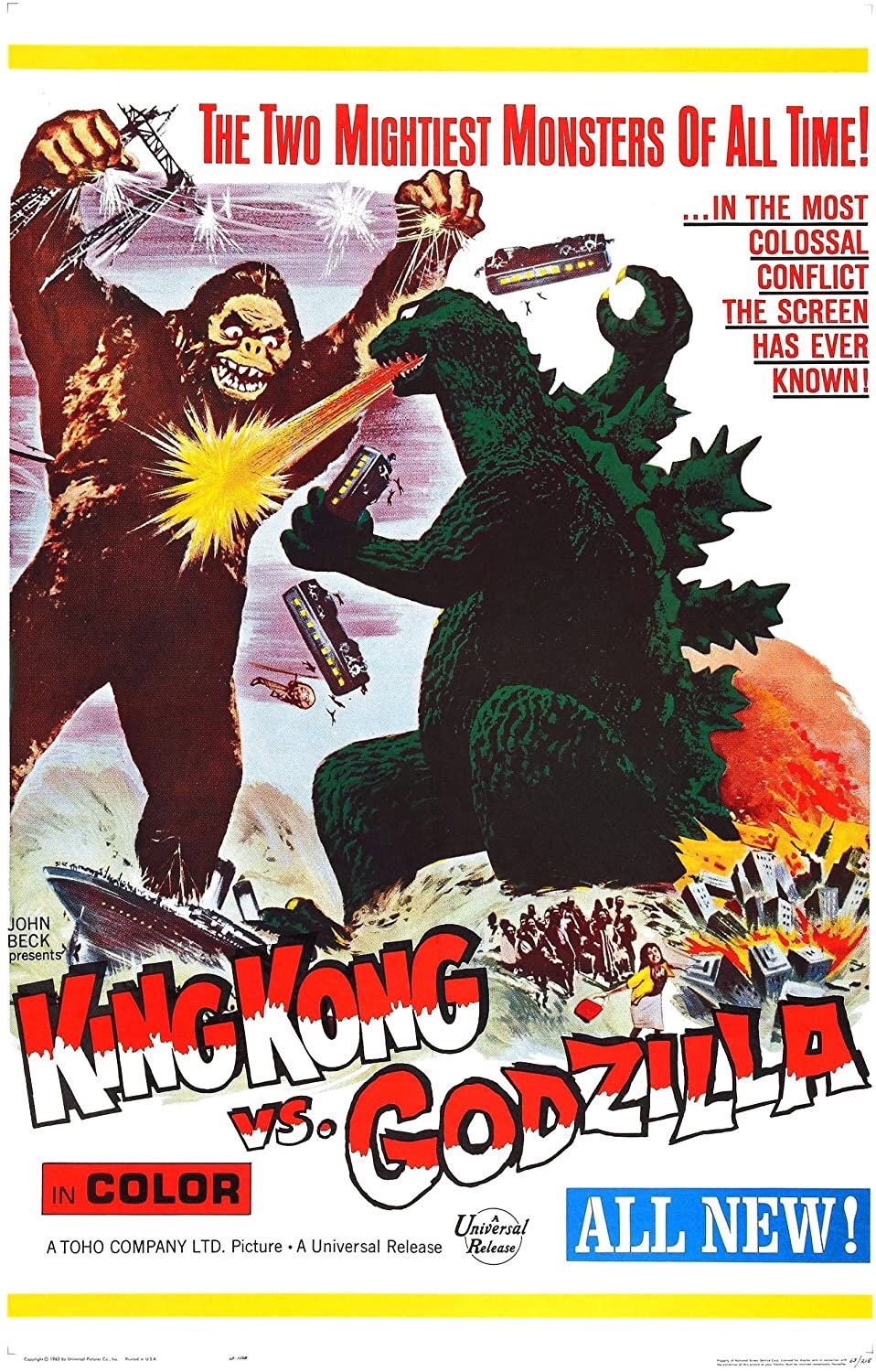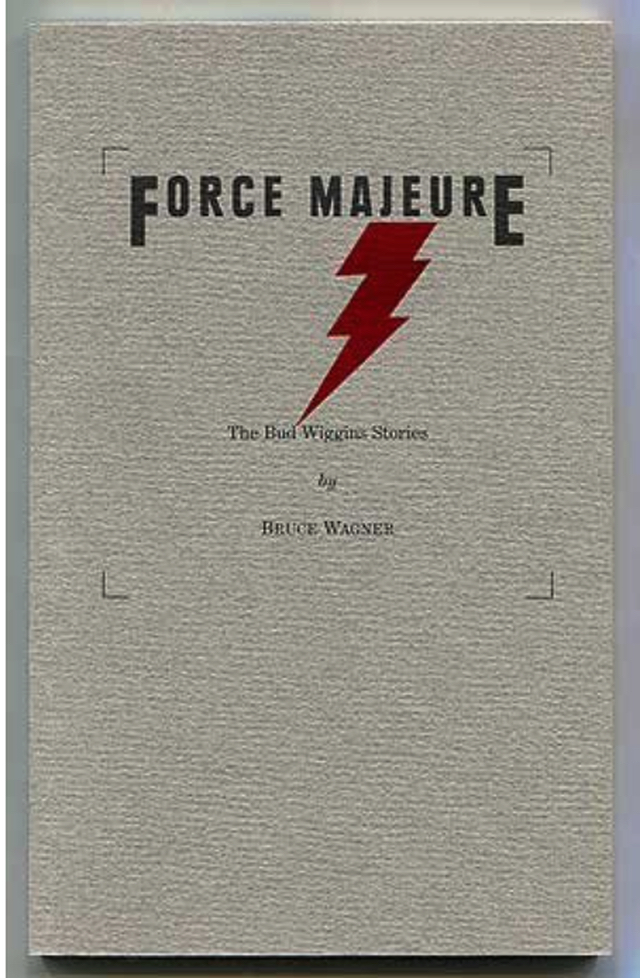Sam Levinson, John David Washington and Zendaya meet John Cassevetes, Ingmar Bergman, Ben Gazzara, Peter Falk, Richard Burton and Elizabeth Taylor in a prolonged, soul-draining, “you give me nothing but pain and lethargy and despair” fuck-you argument film, shot inside Carmel’s “Caterpillar house” and captured on luscious black-and-white celluloid.
Malcolm & Marie (Netflix, 1.29) isn’t half bad as a penitentiary exercise yard film — a “we’ve got some money and a cool location and nothing else to do because of Covid so let’s shoot this sucker and hope for the best.”
It isn’t bad for a two-hander in which the combatants piss into each other’s souls for 106 minutes as they say (a) you’re an obnoxious asshole, (b) you don’t sufficiently value who I am or what I’m about, (c) life is struggle and toil and trouble, and you’d better man up and get used to that, (d) you’d do well to get past yourself and your swollen bullshit ego, etc. Bitter pissed-off resentful wake up go to hell oh God you’re stabbing me in the ribs and kicking me in the teeth, etc.
Not to sound petty but I lost interest when Washington sat down at the dining table and began to wolf down a bowl of macaroni and cheese. I hate it when people wolf their food, on-screen or at home or anywhere. I’d like to add a new Hollywood Elsewhere slogan — “no wolfing of any kind of meal and especially macaroni and cheese.”
The general rule of table etiquette is “always eat sparingly”. Always little half bites, if that. In fact don’t eat at all. In fact, I don’t want to see anyone in a movie eat food ever.
If Cary Grant had sat down in the middle of North by Northwest and started wolfing a bowl of macaroni and cheese, the movie would’ve tanked and his career would’ve been over.
HE to journo pally: Do I understand correctly that you believe Zendaya is some kind of Best Actress contender? Did I miss something? Is this “Be Kind to Marginally Talented Actresses Who Began As Dancers'” month?
She tries to act but she can’t strike a match. Ingrid Bergman, she’s not. She has glassy shark eyes. She has three arrows in her quiver, three modes within her range of expression. Sarcastic belittling attitude pout. Frosty, resentful anger pout. And silent weeping in the bathtub.
Plus her hairline is right on top of her eyebrows. You know how they used to say Claudette Colbert had no neck? And the same about Mickey Spillane? Zendaya barely has a forehead. Okay, she has one in the middle section but not on the sides.
She’s a flavor of the month-slash-flash in the pan who lucked out when Levinson cast her as a druggie in Euphoria, and then Levinson got the idea that she could handle a Liz Taylor in Who’s Afraid of Virginia Woolf-level virtuoso performance. Not on this planet.
Honestly? Washington the macaroni wolfer isn’t that great either. Yes, he’s better than Zendaya but that’s not saying all that much. At least he’s energetic. At least he doesn’t pout.
Did I hate Malcolm & Marie? No, I didn’t. It was okay while it lasted, but it’s nothing to jump up and down about. I occasionally texted while I watched it — I’m just being honest.


